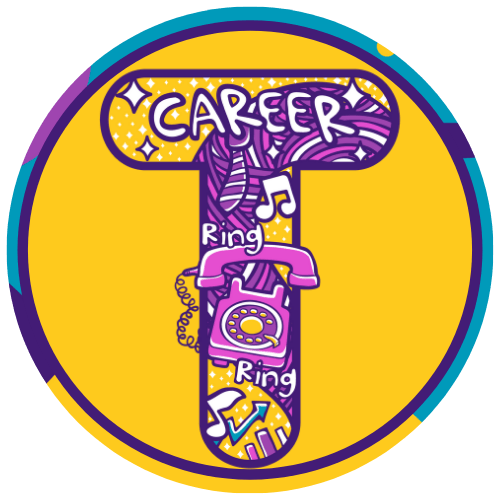How Long Will It Take To Find A Job?
How Long Will It Take To Find A Job?

Since unemployment is currently on the rise (10.2%) and layoffs are a reality, this question has been asked several times. And though the internet is filled with guesstimates, estimates, and crystal ball theories, they are all just educated guesses driven by unstable variables.
The Bureau of Labor Statistics has done most of the heavy lifting and reported back in May 2020 that the average duration of a job search was 7.7 weeks, so roughly two months. But that figure is meaningless to those that have been unemployed for 3-4 months to-date. This data is unfortunately based on a Pre-COVID-19 economy, and due to the record-high unemployment claims, it’s not a good indication of our new reality.
But polls and surveys have been conducted since then, and those that are admittedly searching aren’t too optimistic. The majority (64%) believe that their job search will take up to six months, and (38%) suggest it may take them up to a year to land something comparable to their previous career.
So how are some of these numbers being concocted? Well, many factors come into play that will determine if you land a job in a month or a year. Here are the top five variables.
The Economy, Job Market, & Demand
This is obvious, but had to be stated. These three work in unison, because regardless if you have a booming economy, there also has to be a demand for your skill set within a given industry. This is why knowing and leveraging your transferrable skills is so important. Even though your industry may have been hit hard during a recession, you should be able to pivot and land something comparable in other competing markets.
Demographics & Flexibility
Location, Location, Location – It's not just for real estate. Imagine attempting to pursue an acting career in Omaha, Nebraska. Depending on your current location, your flexibility will determine how fast you land your next job. Are you willing to move and go where the opportunities are available?
Credentials & Marketing Resources
Your education, skills, resume, and how you market yourself play a significant role in how long you search for a job. I have countless testimonies with clients who have invested in editing their resume or gained a particular certification to land employment shortly after that. How you market yourself matters and can be the determining factor whether you even get an interview. How are you marketing yourself? Our Power Hour Call can discuss how to position yourself to potential employers.
Quality of Job & Income
All jobs aren’t created equal. Positions with high turnover can be obtained pretty quickly. Most high turnover positions usually require little to no experience or education, and it’s reflected in the pay. They come a “dime a dozen.” As your career moves higher in the ranks regarding quality and income, your job search can take longer. It would take someone that held a “Director” or “Executive” position with a six-figure income much longer to secure comparable employment versus a waitress or call center agent.
Referrals & Networking
It’s not who you know, but who knows YOU. Referrals can cut your length of search in HALF. Your network can make these other factors nonexistence. Some people have referrals locked and loaded and would only have to give the “go” and would have an offer on the table in less than a week. How strong is your network? Are past employers or colleagues singing your praises? Is your work ethic so phenomenal that employers are willing to create a position for you?
Are you a Shaker, Mover, or Doer, join our network!
Short Answer: How long will it take to find a job? It depends…
Sound Off 📢 What are some other factors that increased or decreased the duration of your job search?
Be Kind & Share! 💌
About the author
Bridget Baggett is a Career Strategist and a Diversity Consultant that assist professionals with their career journey. She helps career-oriented professionals navigate the competitive workforce by setting attainable career goals that lead to gainful employment, promotions, salary increases, and meaningful career changes. She is the founder of the Twisted Career Society, a network of professionals that inspires, educates, and innovates the global workforce








